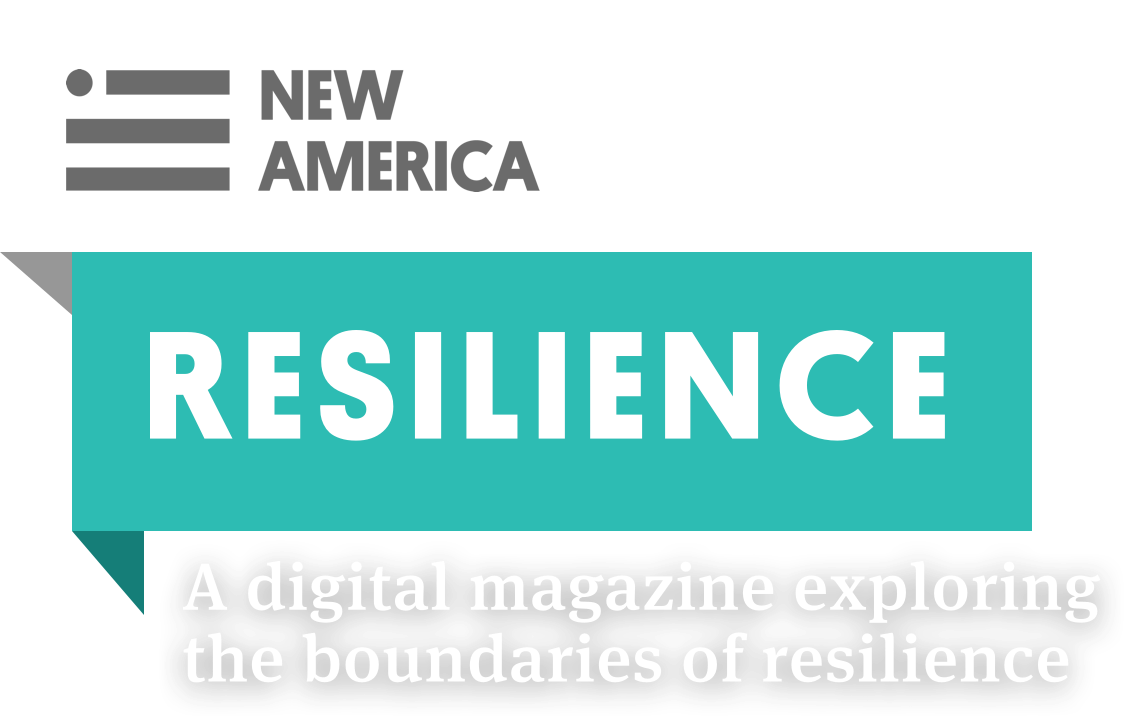Q&A with Jan Rader
Finding hope amid opioid recovery.
How do you define resilience when it comes to the intersection between public safety and society?
Being able to live and work in the moment, regardless of what you have experienced in your past. Also, resilience is being able to bounce back from difficulties and traumas that one has experienced.
In your 2018 TEDTalk on the opioid crisis, you talk about your approach to this epidemic as being a “compassionate response.” Can you explain why you think it’s important for first responders to harness compassion to work with people suffering from substance use disorder?
People suffering from substance use disorder are fragile people. They are usually very embarrassed and are struggling to survive. They lash out and are defensive and the whole situation is worsened when they’re not treated with compassion. Society has told those suffering and those that are first responders for years that this is a moral failing. That is NOT the truth, this is a medical disorder and should be treated as such.
When asked why West Virginia, and Huntington specifically, has been hit so hard by the opioid crisis, you’ve pointed to hopelessness as a major factor, explaining that “it’s been a dying town for some time, with industry leaving.” In light of the tough economic reality for your home state, how do you think a community like yours can find hope again? And why is hope so essential to resiliency?
At one point, Huntington was a dying town. But that’s not true today. Our downtown has been revitalized over the past 15 years and new wonderful things are happening economically. It is just a slow process. People need hope and that is essential to recovery. They have to see positive movement and be a part of the process. I think the way we are dealing with the opioid epidemic here in this city is providing hope.
Few know that you had an entirely different career prior to firefighting. As a gemologist at a mall jewelry store near Washington, D.C., you witnessed a woman collapse outside the store. You didn’t know CPR then so you called 911 and waited—as you said—“helplessly until the paramedics arrived.” You were shocked to see that one of the paramedics was a woman. Seeing her do what you had once considered “a guy’s job” inspired you to change careers. Now that you’re serving as a high-profile example of female leadership in a typically male profession, what do you think your impact has been on women of all ages across your state?
I certainly hope that it shows that you can do whatever you choose to do in this life. We are only limited by our own minds and judgement. Young women shouldn’t listen when they’re told “this is a man’s job” or that it’s a man’s world. They should never let an “opinion” like that stand in their way.
Numerous cities and small towns across the United States have been severely impacted by opioid abuse. Why do you think some are reticent to be transparent about the impact of the opioid crisis on their community, as well as their response to it?
I think that it’s mostly out of fear. Fear because they don’t understand it and fear because they don’t know what to do. By educating the general public and society the fear may dissipate and more individuals will be assisted.
As part of the Bloomberg Philanthropies Mayors Challenge, Huntington is one of 35 Champion Cities prototyping new solutions to some of the most pressing urban challenges. The city is testing the effectiveness of embedding a mental healthcare professional on-site and delivering a first-responder mental health training program on the coping capabilities of first responders at their test facility. How do you hope this idea will impact first responders throughout the country who are confronting the opioid crisis?
I am hoping that this will help turn around the negativity surrounding asking for help. There is a stigma in the first responder community that if you need mental health counseling, then you are weak. That is simply not true. In fact, we probably need more help than most due to the amount of trauma that we see and deal with day in and day out. After all, we do not really wear capes, we are human.

